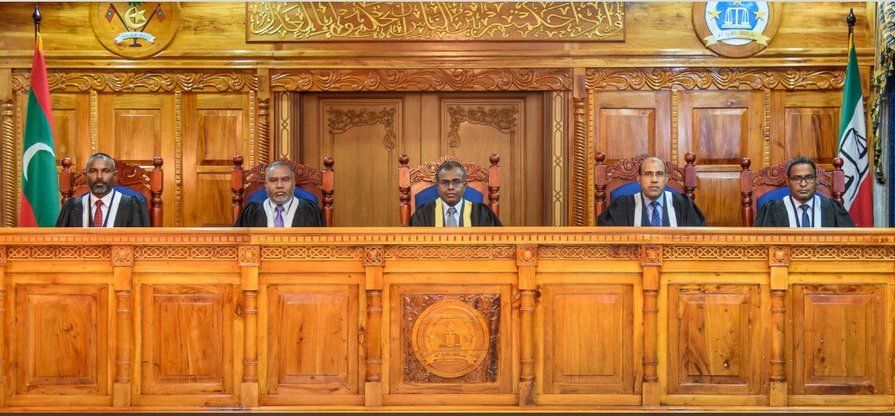MDP MPs impatient to remove Supreme Court justices
Parliament debated a report about unconstitutional decisions by the top court.

25 Aug 2019, 09:00
Lawmakers of the ruling Maldivian Democratic Party on Sunday called for an immediate overhaul of the Supreme Court bench as parliament debated a report about unlawful decisions by the top court.
The report sent to parliament by the Judicial Service Commission last week flagged 17 instances since 2008 where the Supreme Court violated the constitution or usurped the powers of parliament and independent state institutions.
Most MDP MPs who spoke during the debate said the removal of all five Supreme Court justices was long overdue.
The JSC report contained detailed proof of their efforts to exercise unconstitutional powers and “establish a judicial dictatorship,” said MP Mickail Naseem, decrying the failure to take “meaningful” action against the errant justices.
Become a member
Get full access to our archive and personalise your experience.
Already a member?
Discussion
No comments yet. Be the first to share your thoughts!
No comments yet. Be the first to join the conversation!
Join the Conversation
Sign in to share your thoughts under an alias and take part in the discussion. Independent journalism thrives on open, respectful debate — your voice matters.




